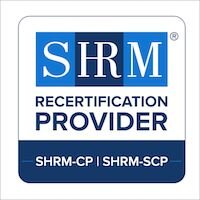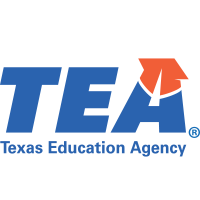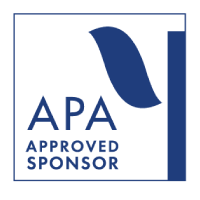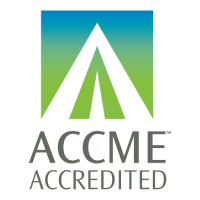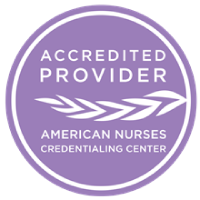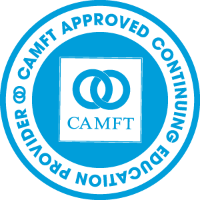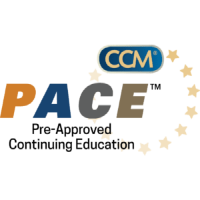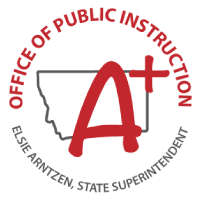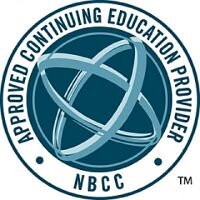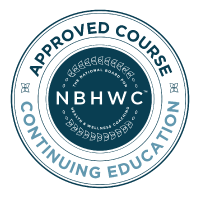CEUs &
Training Content
for Behavioral Health Providers
Enhance care with evidence-based continuing education and training content.
Small teams (1 to 20)
Large teams (21+)

Best-In-Class Mental Health Training
Enhance your organization's clinical expertise with our comprehensive continuing education (CE/CME) approved courses and training solutions. Our evidence-based training programs are designed to keep your team up-to-date with the latest practices in behavioral health care.
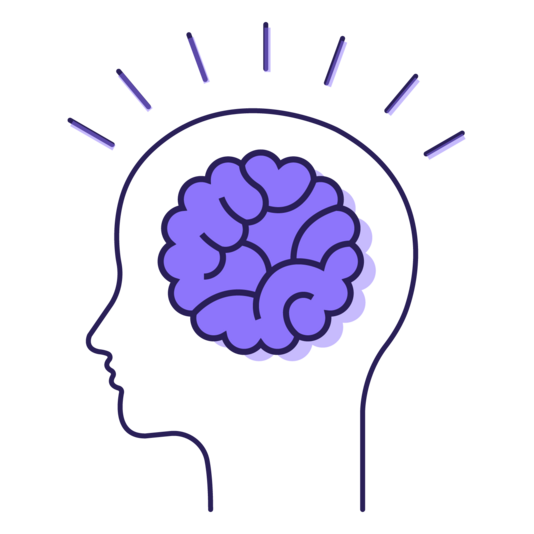
Evidence-Based Content
Developed in collaboration with leading experts, our APA-approved continuing education courses provide the latest research and best practices in mental health care.

Flexible Learning
Access our training and continuing education courses anytime, anywhere, allowing your team to learn at their own pace and convenience.

CEs and CMEs
Earn Continuing Education (CE) and Continuing Medical Education (CME) credits to maintain professional licensure and certifications.

Extensive Selection
Explore a wide range of topics, from cognitive behavioral therapy to trauma-informed care, ensuring comprehensive professional development.
Unique Behavioral Health Training Solutions
Unlike standalone course catalogs, our training solutions offer a focused curriculum to address mental health, substance use and more.
Integrated Learning Solutions
Combine CE-approved mental health training with resources for client and patient psychoeducation, all within one platform.
Custom Training Pathways
Create tailored learning tracks to meet the specific needs of your organization.
On-Demand Accessibility
Flexible, self-paced training available anytime, empowering professionals to learn at their convenience.
Extensive Library of Accredited Courses
Training and continuing education for psychologists, counselors, addiction specialists, and other behavioral healthcare professionals covering a range of mental and behavioral health topics.

Training Built for Provider Organizations

Behavioral Health Teams
Centralized tools for organizations of all sizes, from private practices to large healthcare networks.

Mental Health Professionals
Therapists, counselors, psychologists, and addiction specialists who require CEUs for license renewal.
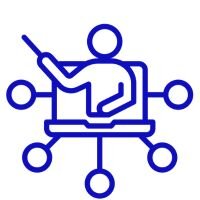
Training Administrators
Resources to support learning objectives, clinical development, and workforce recruitment and retention.

How It Works
Subscription Model: Flexible pricing and licensing options for organizations of any size.
Centralized Dashboard: Manage training from one user-friendly interface.
Customizable Access: Assign tailored learning to different team members based on their roles.
Track Progress: Ensure staff compliance and growth through progress tracking and reporting.
See the best of the best—explore a preview of the leading provider training content in behavioral health.
Impactful Courses to Empower Better Care
Get on-demand access to an ever-expanding selection of courses that fulfill CE requirements and expand practitioner learning in specialized, evidence-based interventions. Practitioners can choose the topics that address their clients’ greatest needs and satisfy their own goals and interests.
- Continuing Education Credits
- Clinically Sound and Culturally Responsive
- Self-Directed Learning
- Evidence-Based
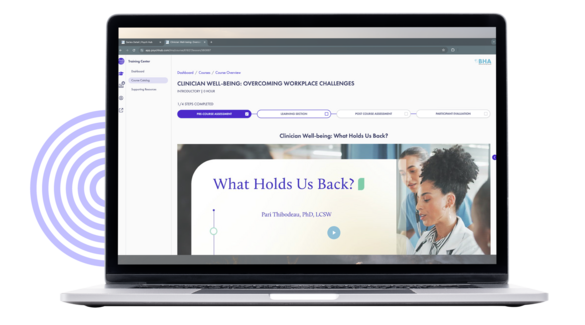
- ADHD
- Agitation
- Anxiety
- Autism
- Depression
- Disabilities
- Eating Disoders
- Grief
- Insomnia
- Medical Comorbidity
- OCD
- Psychosis
- PTSD
- Relationships
- Sex and Sexuality
- Substance Use Disorders
- Suicide
- Trauma
- Acceptance Commitment Therapy (ACT)
- Behavior Management Training (BMT)
- Cognitive Behavioral Therapy (CBT)
- Collaborative Assessment and Management of Suicidality (CAMS)
- Collaborative Care Model
- Counseling on Accesss to lethal Means (CALM)
- Crisis Intervention
- Culturally Responsive Behavioral Healthcare (CRBH)
- Dialectical Behavioral Therapy (DBT)
- Eye Movement Desensitization and Reprocessing (EMDR)
- Motivational Interviewing Strategies (MIS)
- Safety Planning
- Trauma-Informed Care (TIC)
- BIPOC
- First Responders
- Latinx
- LGBTQ+
- Parents/Caregivers
- Veterans
- Early Childhood (2-6)
- School Age (7-12)
- Adolescent (13-18)
- Young Adult (19-39)
- Middle Age (40-64)
- Older Adult (65+)
- HIPAA Compliance
- Law & Ethics
- Measurement-Based Care
- Professional Development
- Supervision
- Verbal De-Escalation
View Courses
Multimedia Resources to Enhance Coursework
Support the inclusion of ongoing evidence-based learning into clinical practice with practical resources for providers.

Quick Guides
Summarize provider course information for later reference.

Tip Sheets
Filled with helpful resources.
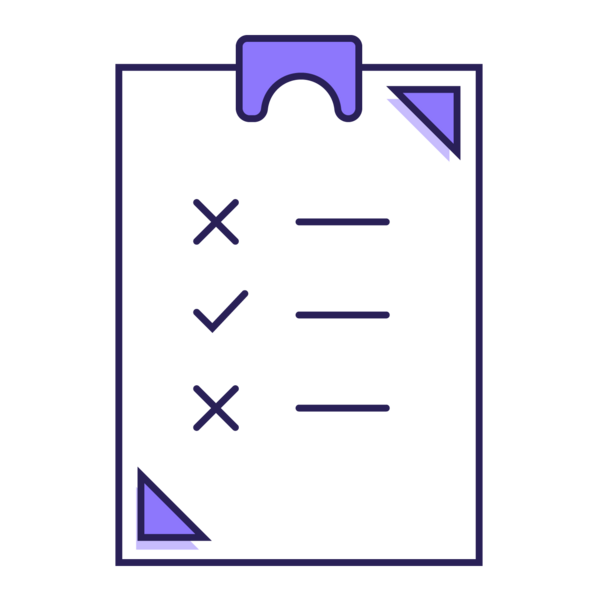
Assessments
Measure treatment progress.

Videos
Role plays and deeper subject exploration.
Learn from the Best
Our reputation is built on the quality of our Professional Training content. We proudly collaborate with experts from leading academic institutions to create content that meets the needs of today’s mental health consumers.





Earn Continuing Education Credits with Psych Hub
Psych Hub sponsors continuing education through the American Psychological Association, the Accreditation Council for Continuing Medical Education, the American Nurses Credentialing Center's Commission on Accreditation, the Association of Social Work Boards, the California Association of Marriage and Family Therapists, the Commission for Case Manager Certification, the Montana Office of Public Instruction, the National Board for Certified Counselors, the National Board for Health and Wellness Coaching, the New York State Education Department’s State Board for Social Work, the Society for Human Resource Management (SHRM), and the Texas Education Agency. Please see Psych Hub Continuing Education Information for additional information.
Ready to learn more?
Connect with our team to learn how Psych Hub can support your organization.


